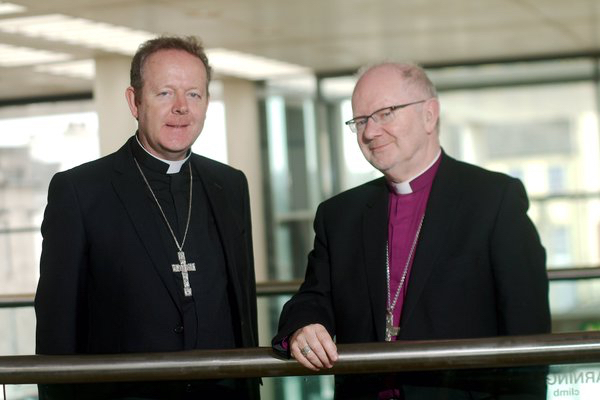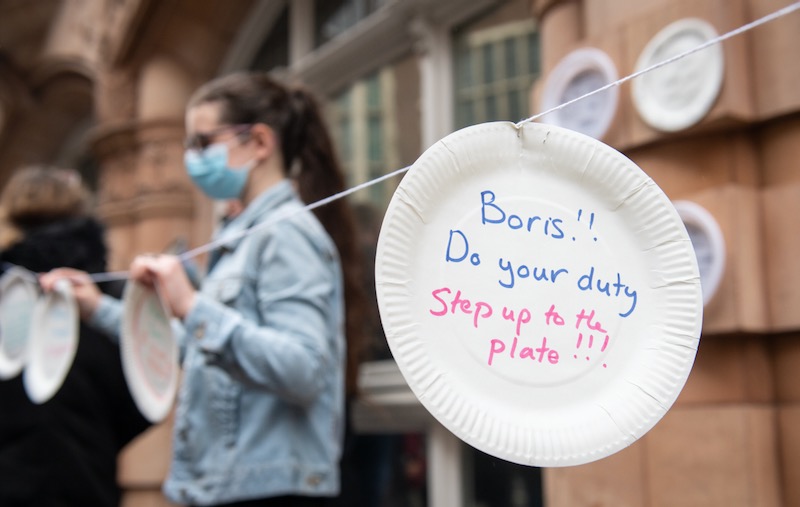Catholic campaigners have expressed shock at the images of free school meal parcels being given to children experiencing food poverty.
“It is hard to understand why the government would pay extra money to private companies to provide food or vouchers for profit, when it can make payments direct to struggling parents,” Dr Rosemary Keenan, chief executive of the Catholic Children's Society (Westminster).
“Direct payment to parents increases the likelihood that children will actually have more to eat,” she added and “perhaps it would be less expensive and of better value, particularly during this time, to make the payment for School Meals a universal benefit, as indeed child benefit was once universal.”
Dr Keenan continued: “It would take more than a domestic goddess or god to make healthy and nutritional meals out of the ingredients in some of the photos of food parcels in circulation.”
She pointed out that many children have allergies, food fads or religious dietary requirements and “sending food that a child may not be able to eat or will not eat is pointless”.
She said giving parents the money to buy food gives them dignity and choice and shows them respect. “These principles guide our crisis funds at the society and have enabled us to help thousands of children to have a healthy meal, cost effectively, and without any logistical or administrative overheads,” said Dr Keenan.
Anna Gavurin, Caritas Westminster Food Collective project coordinator, said: “We believe it is crucial to give families dignity and choice when supporting them to access food.”
She felt the voucher scheme has done this but cash payments to families are the most effective and dignified way to help them.
“This offers families the ability to manage their budget more flexibly and keep on top of bills and other demands” she said, “and it also allows them to shop in any retailer without stigma, enabling them to make savings and support the local economy.” Ben Gilchrist of Caritas Shrewsbury reported supporting the campaign “to urge the government and the public to support cash grants to those in need as the most efficient and most dignified way to respond to this above vouchers or food parcels.”
Mark Wiggin, Director of Caritas Salford, told The Tablet that, in Salford Diocese around one in five pupils relies on free school meals. “Looking at the current government food boxes made available to children and their families through the private sector contracts,” he reflected, “I could not help but compare them with our own Caritas Salford offer to people through our homeless centres and food distribution points.”
Fresh fruit, and vegetables are always available and hot food. He felt increasing the standard allowance of Universal Credit and Working Tax Credit by £20 a week was the right thing to do; however, it is currently due to end abruptly in April 2021. Caritas Salford and members of the Catholic Social Action Network (CSAN) are currently campaigning for government to make the uplift permanent.
End Child Poverty has invited CSAN members to support a weekend of local action 12-14 February, aiming to demonstrate to MPs public demand for greater action on child poverty. Local community leaders, young people and families would share experiences of child poverty with the local MP and ask her/him to write to the Chancellor to address child poverty in the Budget.



 Loading ...
Loading ...